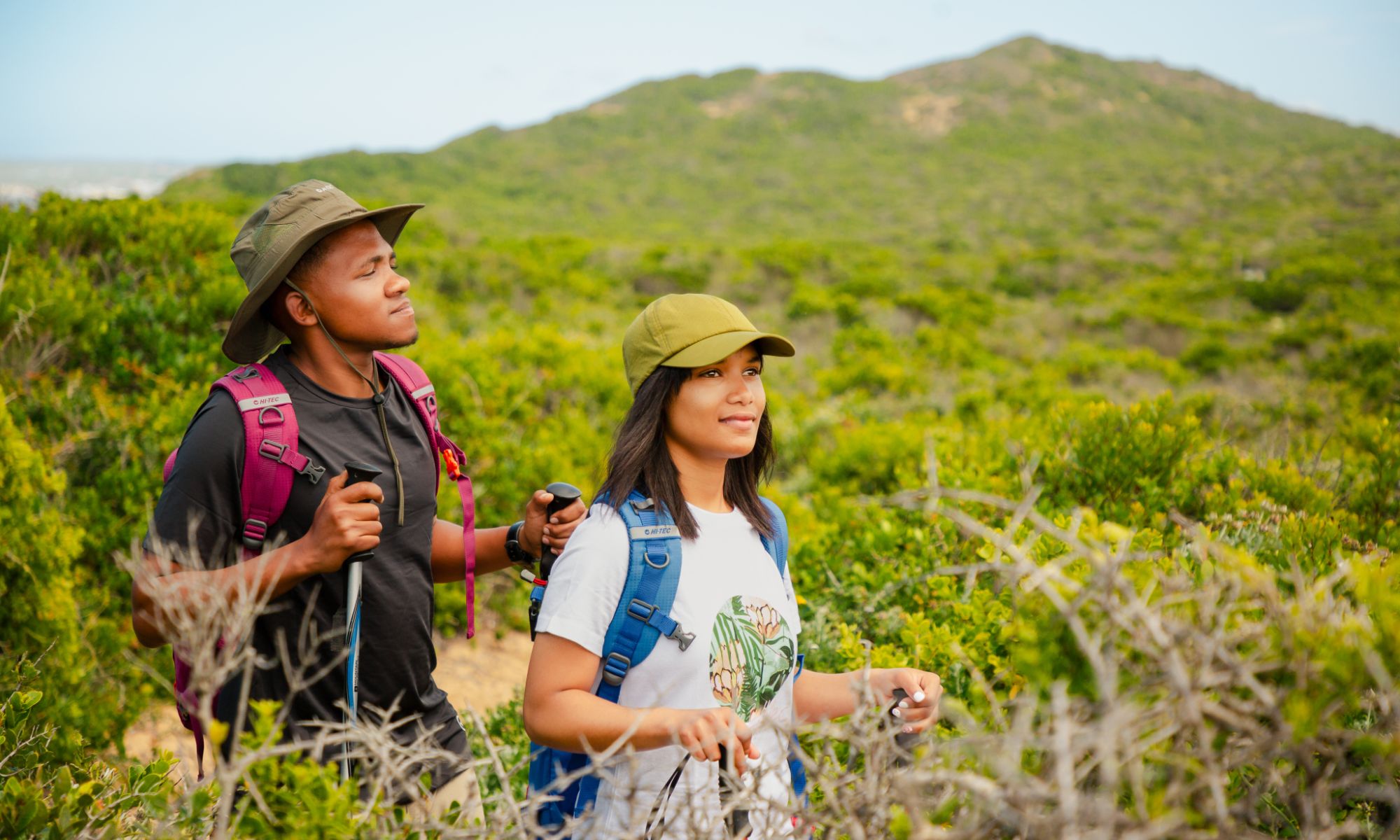Save our biodiversity by helping us fight plant poaching!
Save our biodiversity by helping us fight plant poaching!
CapeNature is responsible for Biodiversity Conservation in the Western Cape Province. We are currently facing challenges in the Western Cape with succulent plant poaching. This also affects our partners in the Northern Cape and SANParks and presents a significant challenge to conservation and enforcement agencies. While there was a minor slowdown during last year’s hard lockdown, since then there has been a major uptick in succulent plant poaching and smuggling. The succulent plant trade has thus changed into an operation much like that of rhino poaching, where the main role-players sit offshore, and the poaching is done by local people. Thus, the arrests being made these days are mainly local people, and they are easily replaced by others. Poachers are going into the specific species localities, and harvesting thousands of plants.
The nature of the trade is such that there are species that may become extinct in the wild, especially when more than 8000 plants of individual species are being poached in single instances. During one of our cases last year, we counted 12831 Conophytum comptonii plants . At the same time, another shipment of approximately 126kg was intercepted at OR Tambo International Airport. To draw a parallel between the two cases, the 12831 plants constituted approximately 20kg.
Why are our succulent plants so special?
Many of our succulent plants are endemic to the Western and Northern Cape. This means that they are found there and nowhere else in the world. This makes these plants very collectable and very attractive to international collectors. Succulent plants can be attractive as part of ornamental plant displays, with the character of the wild plants being a significantly desirable quality. Opportunities for the commercial exploitation of wild-collected plants are extremely limited and strictly controlled.
Biodiversity Criminals
With international markets being among the main drivers of biodiversity crime and the current pandemic causing the suspension of open international travel, the nature of the industry has also changed from primarily foreign nationals to local operators going into the veld and collecting flora. Poachers typically target the rarer species, which fetch the highest prices on the black market (wild “character-filled” plants fetch higher prices than cultivated ones). Despite the trade in such plants being strictly regulated, they do not even try to hide their activities. Syndicates often have access to specialist knowledge as well as botanical research material. They exploit various avenues to traffic their contraband out of the country. High demand has led to high prices, which in turn fuels the illegal trade.
Poachers do not EVER have the environment in mind.
What does the law say?
There are 3 classes into which plants are divided.
• Endangered = rare plants which are in danger of extinction
• Protected = plants in need of protection for various reasons (majority of plants fall into this category)
• Indigenous = plants which have not been classified as endangered or protected
Each class has legal measures in place to ensure that exploitation thereof is controlled.
• Permits are needed for all activities involving endangered plants and animals.
• Permits or Licenses are needed for all activities involving protected plants and animals.
• Written permission and certain permits are required for activities involving indigenous plants and animals.
The removal of plants from the wild without the appropriate permits and documents is a criminal offence, which can lead to a hefty fine or imprisonment on conviction.
Why does this matter to each of us?
The nature of the trade is such that there are species that may become extinct in the wild in the near future, due to the fact that these species have limited distribution and natural populations are being decimated. Another alarming aspect of this illegal trade is that the seed stock is being depleted and large plants with an estimated age of over 100 years are being removed from the veld. From an ecological point of view, these large and ancient “mother plants”, which actually may only be the size of a man’s fist, play a critical role in the survival of species. Removing the ancient surviving plants from the ecosystem means that the population is unable to produce large quantities of seeds required to re-populate the colony.
What to do if you suspect plant poaching:
• Report suspicious activity to CapeNature. Contact details can be found at www.capenature.co.za/contact-u...
• You may remain anonymous. Dialling 10111 from anywhere in South Africa put you through to the police station nearest to you.
• Try to get vehicle registration number and description and any additional information, but only if you can do so safely and discreetly.
• Never try to intervene or confront these people. Confrontation may put your life at risk – remember you could be dealing with seasoned criminals.
• Report suspected illegal activity immediately and allow the law enforcement officers to deal with them so that we can be assured of their arrest and prosecution.
Help us to protect our environment for our children and for future generations. We are deeply grateful to all who partner with us in combatting the scourge of illegal plant trafficking. You can also read all about biodiversity crime here.
Related News
How can I assist you today?
How can I assist you today?





